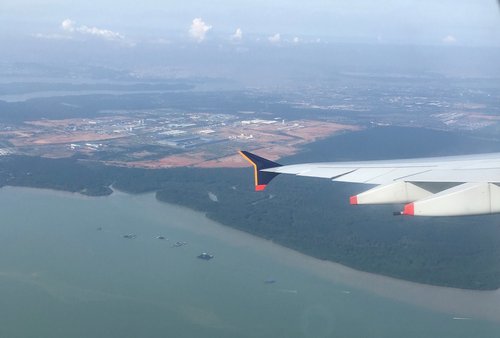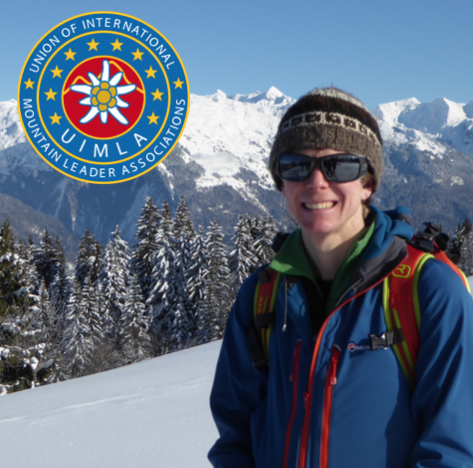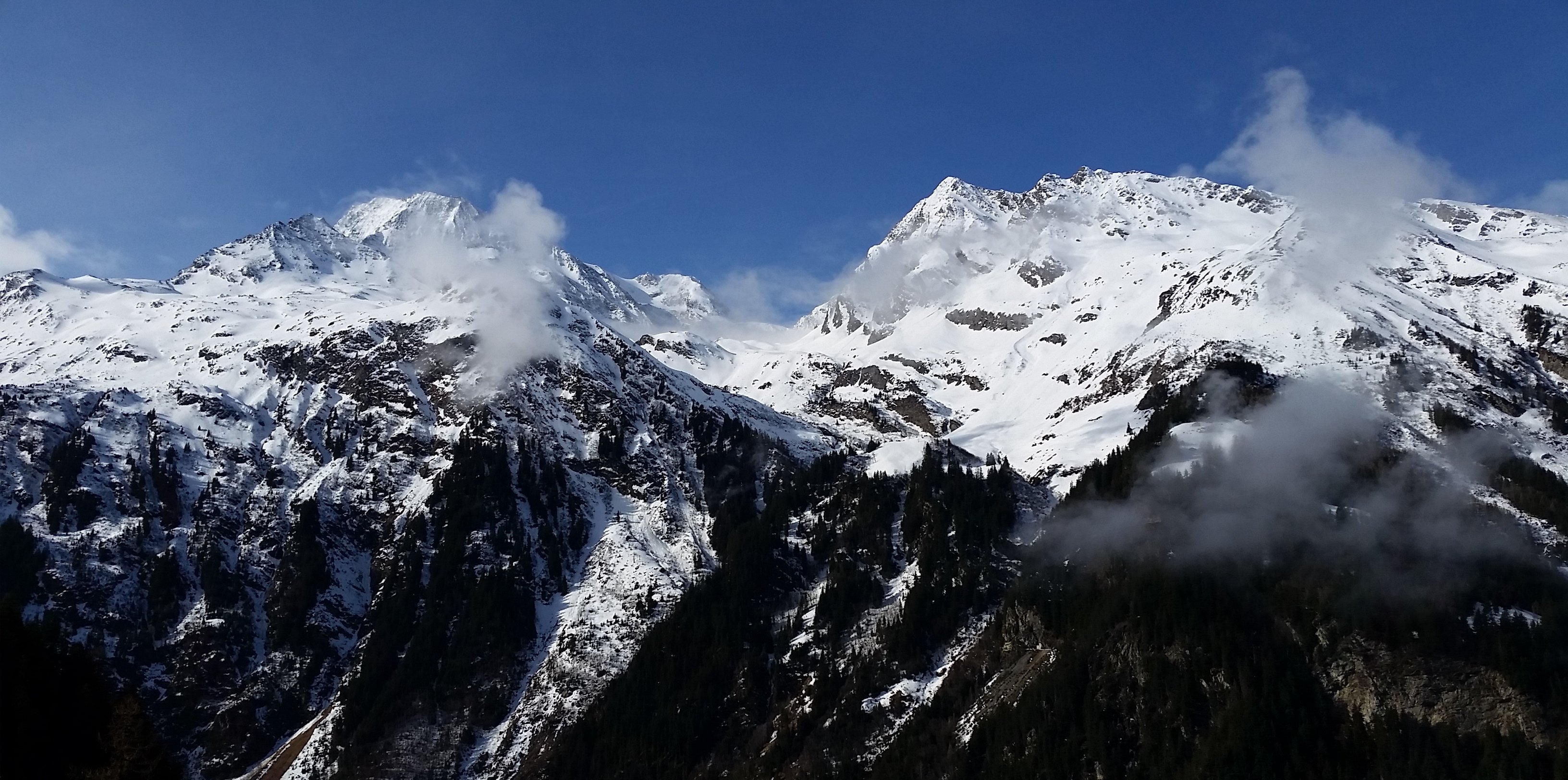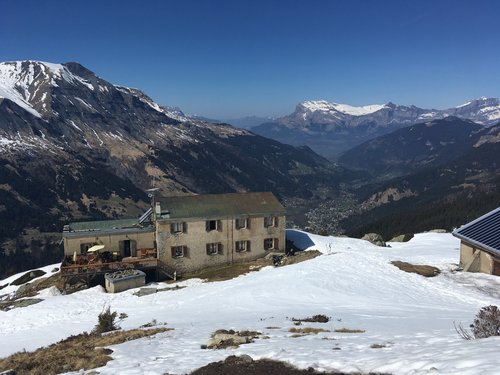New to Time for Geography? Sign up to join our mailing list.
Geography is so much more than a school subject or academic discipline. It defines our everyday lives. From the moment we are born, a journey of interactions with people and places begins. All of our day-to-day going’s on unfold over space, place and time, and so these core defining concepts of Geography and the interactions between them are at the heart of the constant evolution of human history.
I have always been fascinated by journeys. Journeys by any means; on foot, bicycle, train, ferry, plane, even car. Passing through an ever-evolving landscape, wondering what’s coming next. The act of journeying conjures up imagery of struggle through epic undertakings over many days or months, lugging vast quantities of luggage with the far-off destination being the all-important pinnacle of achievement. In modern-day, ultra-mobile life however, journeys are often presented to us as an inconvenient but necessary means to an end. The end being necessities such as work or retail or pleasures such as holiday destinations, leisure pursuits, or even home. It is this channeled thinking that geographers must challenge as more often than not, we gain great satisfaction from being on the move; a sentiment that can be traced back to the nomadic lifestyles of our hunter-gatherer ancestral populations.

Window-gazing; a vital geographical skill. As this Airbus A380 banks for its final approach to Singapore Changi Airport, a whole world of human-landscape interactions characteristic of the Malay Peninsula dominate the view. On land, the stark boundary between tropical forest and parched ground surrounding industrial developments whilst in the busy Singapore Strait, zones of active sediment transport can be seen along the coast and lacing between the various cargo and dredging vessels.
Through my work as an International Mountain Leader, I aim to engage people with the diverse landscapes of Planet Earth through exploratory journeys. In essence the ongoing journey is the destination of any expedition, whether a multi-day trekking trip in the Alps or an exploration of a rugged Hebridean island. Although many subjects encourage the study of concepts in isolation, one of geography’s strengths is in its positioning as a study of interaction between concepts. For example, as we ascend, metre by metre in the European Alps we observe gradual ecosystem changes through the various biomes, from temperate woodland through mixed and coniferous forest and on into the alpine zone. These changes are all linked to the underlying geology, aspect, altitude, micro-climate, angle of slope and so on. There are also changes in how humans deal with and/or inhabit the landscape. Wide valley floors at lower altitude with a mild year-round climate contain fertile plains ideal for growing cereals or overwintering animals and thus the lowlands are rarely untouched by human impact or development. Higher up, harsher topographic and climatic conditions restrict activity both in space and time. Animals might only graze small Alpine meadows during summer, and habitation is limited to the odd shepherds’ or mountaineering hut. Practicalities dictate that economic activity is limited to forestry, hydro-power, outdoor recreation and wildlife tourism.
Geographical Journeys, Alpine style. For the International Mountain Leader, the Alps provide the ideal outdoor playground for exploratory trekking expeditions. Refuge de Tré-la-Tête and the Val Montjoie, France.
Geography increasingly helps us deal with many of the worlds’ cutting-edge challenges related to modern human interactions with the environment, helping us understand how or whether we can make such interactions sustainable. Take the production of modern commodities; from building materials to IT equipment and cars. Everything ever produced comes with a socio-environmental footprint. Raw materials are mined, often overseas in countries with varying employment conditions. The chain of supply processes that follows, including manufacturing, packaging, transport and delivery to the consumer, carries it's own complex story of impact on the planet. Geographers are ideally placed to identify and evaluate this impact at each stage of the process, whilst also keeping the bigger picture in mind.
Journeys foster a great curiosity for real-world processes and issues. My decision to pursue a geographical career was laid down through discovering that the discipline encourages broader systems thinking, rather than providing individual or niche answers. Teaching through the use of case-studies and real places helped me develop a personal connection to the learning. Even after having left the classroom and lecture theatre behind, core geographical skills and concepts continue to form the basis of my everyday learning on the journey through life.
About the author

Darren Axe is an International Mountain Leader (IML), Fellow of the Royal Geographical Society (FRGS) and Public Speaker. His mission is to engage people in exploratory journeys, usually on foot, in the diverse landscapes of the U.K., Europe and further afield. Darren is a Physical Geography graduate of Lancaster University and also studied at Victoria University of Wellington, New Zealand. Darren’s work focusses on contemporary debates in Sustainable Development and through his Exploratory Journeys programme aims to critically assess concepts such as the socio-environmental impacts of travel and expeditions. Visit Darren's website to find out more.
If you are interested in contributing to the Time for Geography blog, please email us at [email protected].

